Years ago, while I was recording an introduction for a famous celebrity guest I was interviewing for a summit he rudely interrupted me. I was in the middle of listing his titles and accolades when he blurted out something like, “Stop. I am simply a human being. Let’s get on with the interview.”
I was taken aback and slightly insulted at the time. But, I get it now. I considered my rattling off a list of his accomplishments as a way to honor him, but he saw it as constraining. He saw himself as so much more than anything I could have ever captured through a 2 minute introduction. He wanted the opportunity to convey to the audience his own message during the 45-minute interview without them coming into it with preconceived notions.
And, if he was to be labeled by something, he made it very clear that the title was – human.
I blame the industrial revolution.
The industrial revolution changed our entire value system by creating an environment where a person’s identity was intricately intertwined with their profession – their job defined who they were. And, it worked. In fact, it was one of the reasons the industrial revolution was so successful. And, this new value system has persisted for hundreds of years.
Even today, when people meet one another or make introductions one of the key pieces of information shared is what they do for a living. Whether they are a plumber, a pilot, a professor, or a housewife, their place in the world is filtered through the lens of their job. And, correspondingly, different professions project messages of value, status, education, wealth, and even politics to the world around us.
This is very unfortunate because all of us are so, so much more than our jobs!

Diets are now defining us
While profession continues to play a large role in the identities of my generation I feel like our diets have now become the new vehicle to convey the message of who we are and what we stand for to the outside world.
I have mixed feelings about this phenomenon.
On one hand, I fully believe that everything about how we approach food and nourish ourselves is uniquely and powerfully human. And, that everything about who and what we are plays a role in our approach to food. Our values, our heritage, our family traditions, religious beliefs, socio-economic status, and political beliefs that make us who we are also translate into where we shop and dine, what we eat, and how we prepare it. That is the way it should be and is inherently a healthy way to exist. In fact, it is a must! The manner in which we eat has to align precisely with who we are in order to be fully nourished biologically, culturally and emotionally through food. The danger is when the reverse is true.
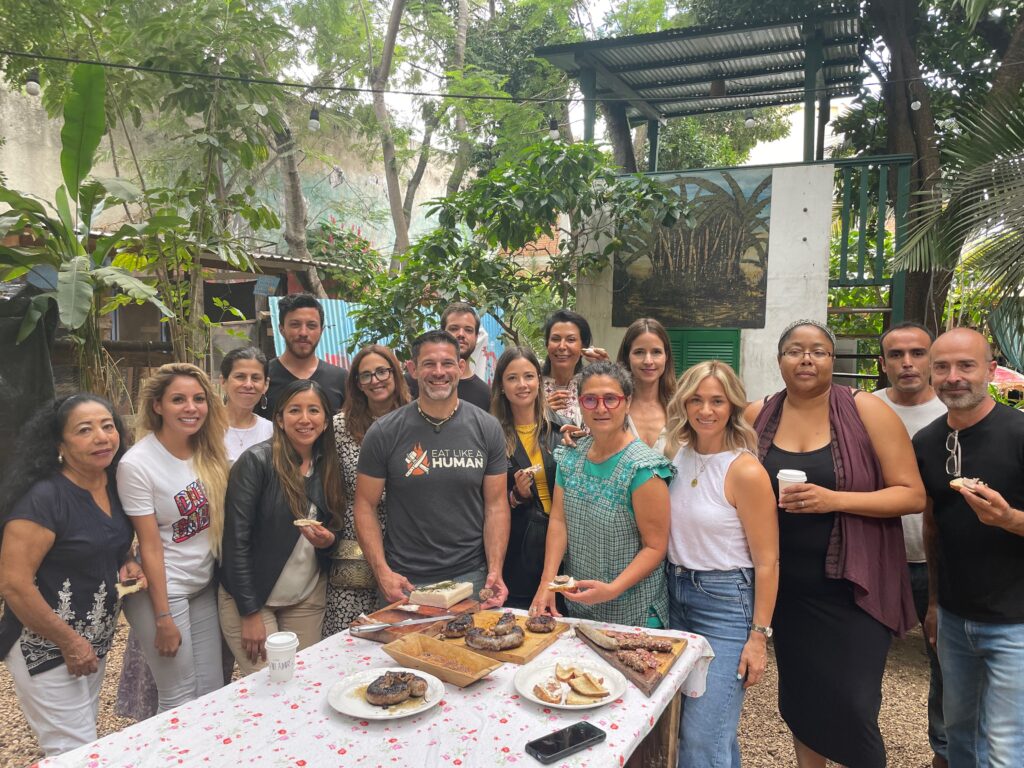
When the situation moves from “who we are defines how we eat” to “how we eat defines who we are” something is very, very wrong – especially when how we eat is really modeled from someone else’s approach to food.
Mindlessly adopting some else’s approach to food and all of the baggage that comes with it essentially translates into “how someone else eats determines who we are.” This is powerful – and not in a good or nourishing way at all!
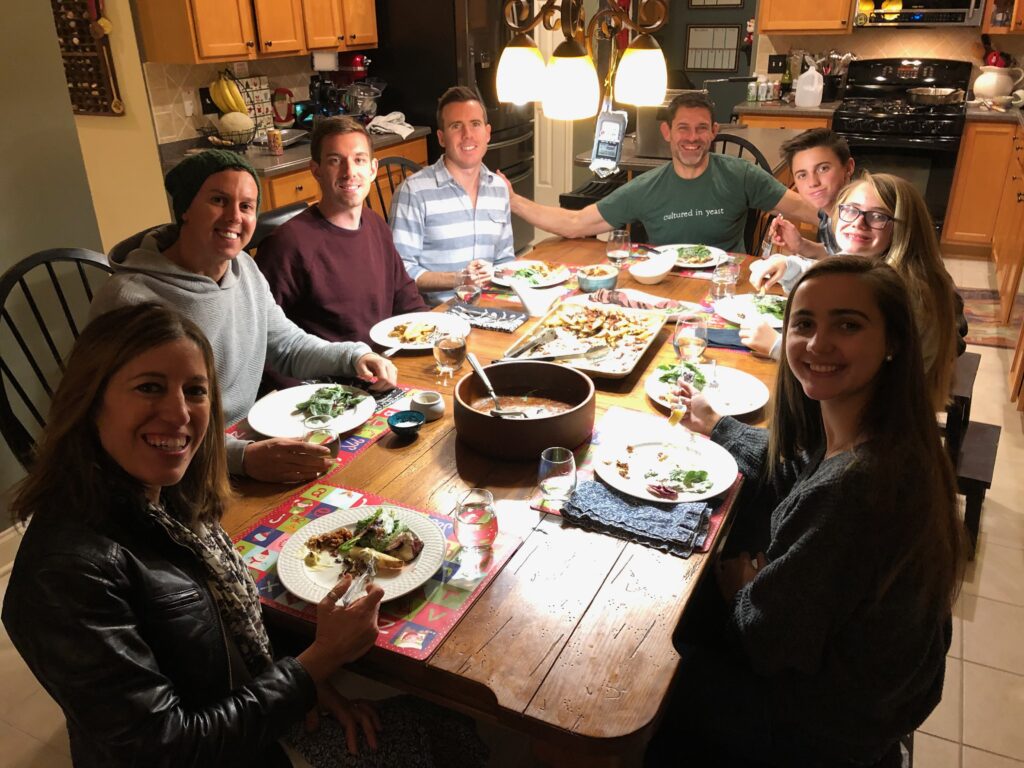
So what is the best diet?
I believe that the best long term diet to follow is one that doesn’t have a label.
A diet devised by someone else – especially one that has been marketed enough to have a label and a plan is, by default, someone else’s diet.
We are all human and if everything that we are helps define how we approach food then mindlessly adopting someone else’s approach is bound for failure. In addition to everyone’s biological nuances, we have all sorts of unique, individual cultural and emotional nuances that must be taken into account for a lifetime of genuine health and nourishment.
Critically thinking about what is important to you – from social justice issues to the environment to politics to religion – and building your approach to food around those issues is a recipe for success (pardon the pun!).

Do not let anyone – no matter how many followers they have – constrain how you act or how you view the world.
After all, these are some of the most important aspects of what makes you you.
Own it and nourish yourself accordingly!
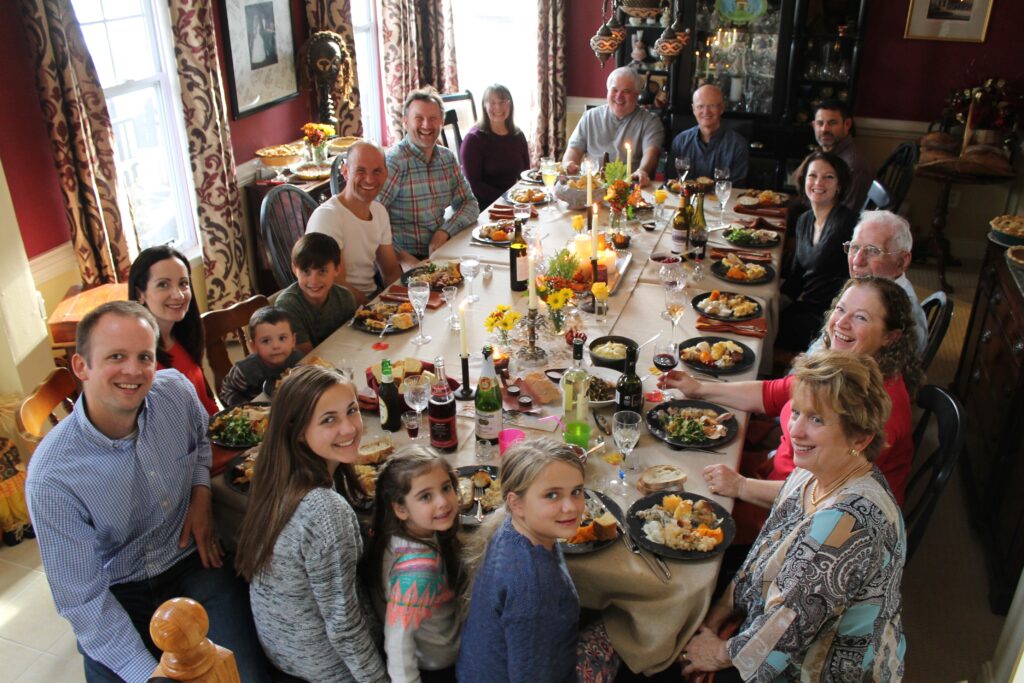
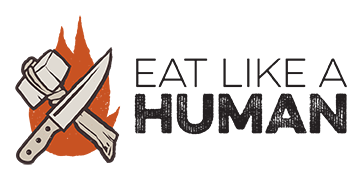

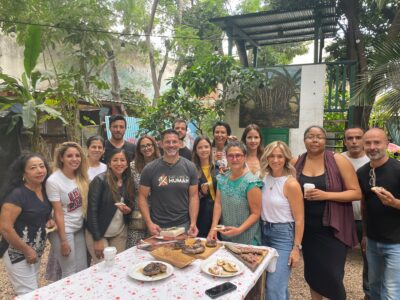



 Take care of your local businesses . . . please
Take care of your local businesses . . . please
Leave a Reply